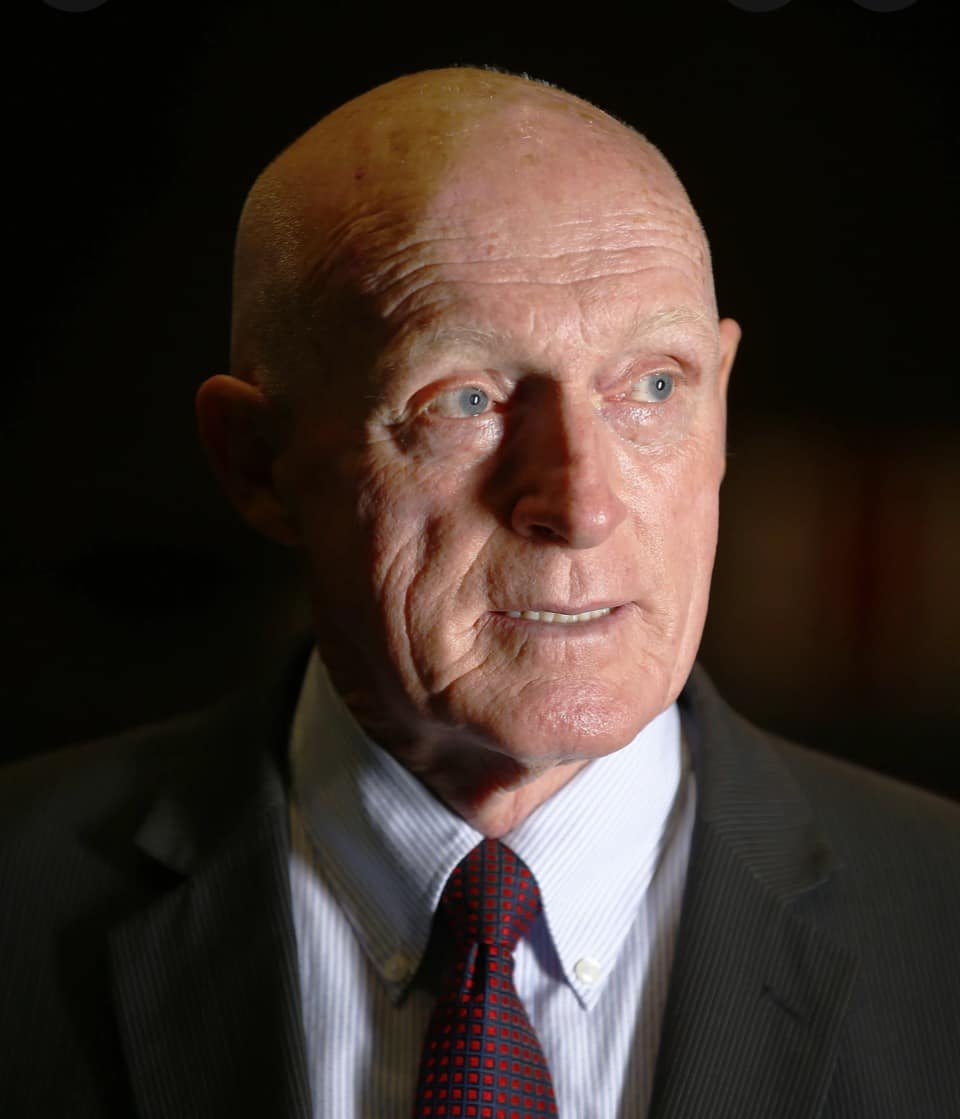Blogging from Slidell, Louisiana about loving life on the Gulf Coast despite BP and Katrina
Thursday, June 30, 2022
Celebrating Pride Month 202
Wednesday, June 29, 2022
Father’s Day in Beverly Hills
Monday, June 27, 2022
A House Divided
Sunday, June 26, 2022
Saturday, June 25, 2022
Friday, June 24, 2022
THEY ALL LIED
https://www.youtube.com/channel/UC9r9HYFxEQOBXSopFS61ZWg
A Big FUCK YOU to SCOTUS
- The vote to overturn Roe v. Wade was 5-4. Alito wrote the majority opinion, joined by Thomas, Gorsuch, Kavanaugh, and Barrett.
- The vote to uphold Mississippi’s abortion restriction was 6-3. Roberts voted with the majority for that outcome, but he said in a separate opinion that he would not have overturned Roe.
- Breyer, Kagan, and Sotomayor filed a joint dissent.
- Twenty-six states are expected to ban all or nearly all abortions in the wake of Friday’s ruling.
Court strikes down Maine’s ban on using public funds at religious schools
The Supreme Court on Tuesday ruled that Maine violated the Constitution when it refused to make public funding available for students to attend schools that provide religious instruction. The opinion by Chief Justice John Roberts was a broad ruling, making clear that when state and local governments choose to subsidize private schools, they must allow families to use taxpayer funds to pay for religious schools.
The decision was the latest in a series of cases in recent years in which the court has sided with parents and religious institutions challenging state policies that barred them from receiving education-related funds that were available for secular, but not religious, recipients.
The court’s three liberal justices dissented from Tuesday’s decision, with Justice Sonia Sotomayor cautioning that her colleagues had “upended constitutional doctrine” and expressing “growing concern for where this Court will lead us next.”
Thursday, June 23, 2022
Wednesday, June 22, 2022
Rusty Bowers
Arizona Speaker Rusty Bowers blocked January 6 scheme
to avoid being 'a winner by cheating'
Speaking at the fourth January 6th Committee hearing Bowers said
“I may, in the eyes of men, not hold correct opinions or act according to their vision or convictions, but I do not take this current situation in a light manner, a fearful manner or a vengeful manner,” he said. “I do not want to be a winner by cheating. I will not play with laws I swore allegiance to. With any contrived desire toward deflection of my deep, foundational desire to follow God’s will as I believe he led my conscience to embrace. How else will I ever approach him in the wilderness of life knowing that I ask this guidance only to show myself a coward in defending the course … he led me to take.”
Tuesday, June 21, 2022
January 6th Hearing - Watchout drumpf
Officer Harry Dunn touches his forehead to the temple-forehead of Shaye Moss after she testifies.
Monday, June 20, 2022
Sunday, June 19, 2022
Saturday, June 18, 2022
Monday, June 13, 2022
Monday Morning Smile
THE SAVANNAH BANANAS
The Savannah Bananas are a baseball team based in Savannah, Georgia. The Bananas compete in the Coastal Plain League in the West division. The team was founded in 2016 and has played at Grayson Stadium since its inaugural season. The Bananas have won two Petitt Cup championships, first in 2016 and again in 2021. Wikipedia
Thursday, June 09, 2022
Monday, June 06, 2022
Saturday, June 04, 2022
Peter Navarro
Peter Navarro, a former assistant to drumpf, decided to ignore a subpoena to appear before the January 6th committee.
So he was arrested on June 3 for contempt of Congress.
The video above shows what a complete and utter dick this person is. As a lot of politicians in DC do, he assumed he was above the law.
George Hahn wins an award for his portrayal of whiney petey in the video above.
Thursday, June 02, 2022
Wednesday, June 01, 2022
The SCOTUS Women
Women of the Supreme Court just did what far too many elected officials have failed to do: they stood up to Trump’s MAGA regime and called b...

-
I think I'm missing something. Razoo Bouncers not guilty of murder. Levon Jones, 26, of Statesboro, Ga., died after being pinned to th...
-
Harrah's New Orleans Hotel I can identify all but one of the flags flying, which depict the city of New Orleans and Louisiana's...










